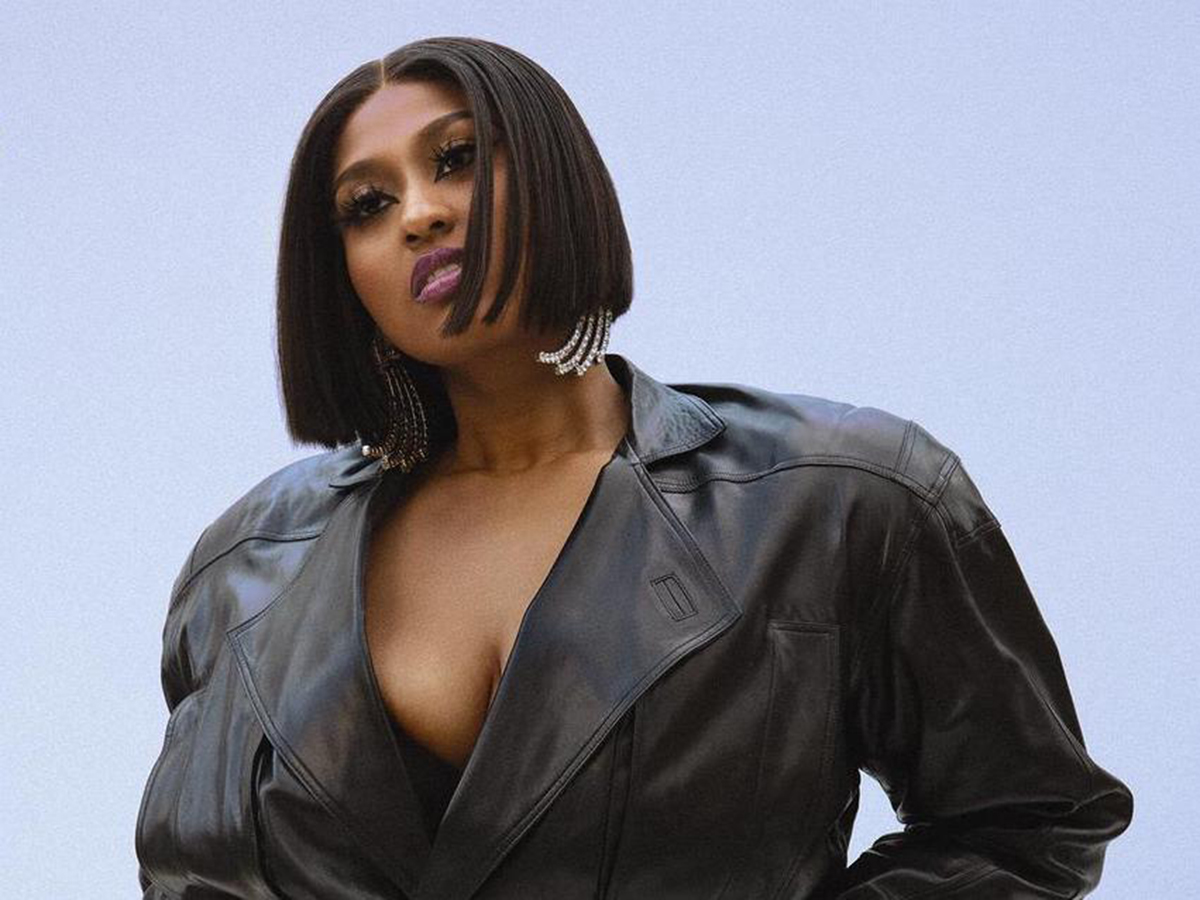
After a slew of record breaking songs: “Bust Your Windows” (2008), “Need U Bad” (2008), “Holding You Down (Goin’ in Circles)” (2010) “Let it Burn” (2015) and wide recognition throughout award seasons with Grammy nominations including best new Artist and R&B vocal performance, Jazmine Sullivan went silent. She encountered writer’s block and became unable to rely on the gift of song as she once could before the pressures that came with the whole world knowing her name.
“Gotta stop getting f— up / What did I have in my cup? / I don’t know where I woke up.” These opening lines in “Bodies (Intro)” perfectly set the stage for the exploration of substance abuse, regrettable decisions and introspection in “Heaux Tales” (2021). In the digital streaming age of music which emphasizes viral moments and short-lived popularity on social media platforms like TikTok, Jazmine Sullivan’s return to music was nothing short of refreshing. Her experience developing as an artist since the early 2000s is apparent in the cohesion of “Heaux Tales.”
The concept album is a phenomenon popularized post-1940s and refers to a full body of work containing songs that build upon one another to tell a complete story. While Sullivan lends an eclectic array of powerhouse vocalizations to each of the eight songs on the 14-track extended play, the diverse narratives within the album take center spotlight. A cast of Black women from walks of life make up the spoken interludes and act as the binding force for the entire project.
“Rashida’s Tale,” “Ari’s Tale,” “Donna’s Tale” and so on display vulnerability, offering insight on the varying phases of each woman’s sexual experiences. These pieces of spoken word work in tandem with the lyrical content sung by Jazmine Sullivan and the featured artists, culminating to tell many stories simultaneously, all in a 32-minute runtime.
The messaging is contradictory at times. A perspective of shame and regret shared in the aforementioned “Bodies (Intro)” persists in the leading single “Lost Ones,” wherein Sullivan commands deep sorrow vocally over a lost love. Humanity rings clear through the emotions she describes, using sex and substances to fill the void. Tracks like “Put It Down” and “Price Tags” act as an antithesis for this outlook on sexual acts, expressing euphoria both in lyrical content and production. “On It” contrasts sensuality and gospel-influenced riffing to encapsulate the spirituality of love-making.
At no point does the concept come off gimmicky or play on harmful tropes. “Heaux Tales” is a fully realized project, part of an ongoing movement to create space for Black women’s expressions of grief, mistakes, ups, downs and most importantly, expressions of self. “Pick Up Your Feelings,” among many others on the album, points to the humanity of Black women, like Sullivan herself, who deserve space to describe the authenticity of their experiences.
Amongst the pressures from industry executives and prospective romantic partners alike, Black women are far too often typecast into constrictive boxes. Jazmine Sullivan’s work is expansive and speaks to a wide-ranging audience, creating space for fluctuation outside of those labels. “Heaux Tales” has already aged finely since its release in January of last year. It will continue to act as a time capsule, the catalyst for normalizing women’s agency over their bodies and sexuality in the 2020s, regardless if it is recognized by the Recording Academy or not at the 64th Annual Grammy Ceremony.
In her acceptance speech for album of the year at the 2021 Soul Train Awards, Sullivan gracefully stated, “I feel uncomfortable with people seeing me. I made a promise to myself that I wouldn’t hide anymore. Usually, if I wasn’t feeling my best, I probably wouldn’t have showed up, and I don’t want to do that anymore. You have to love yourself.”
Verdict: “Heaux Tales” is a liberating listen for anyone who has faced inwards to understand and unlearn the deep seeded reasoning behind their desires and habitual sexual behavior.







